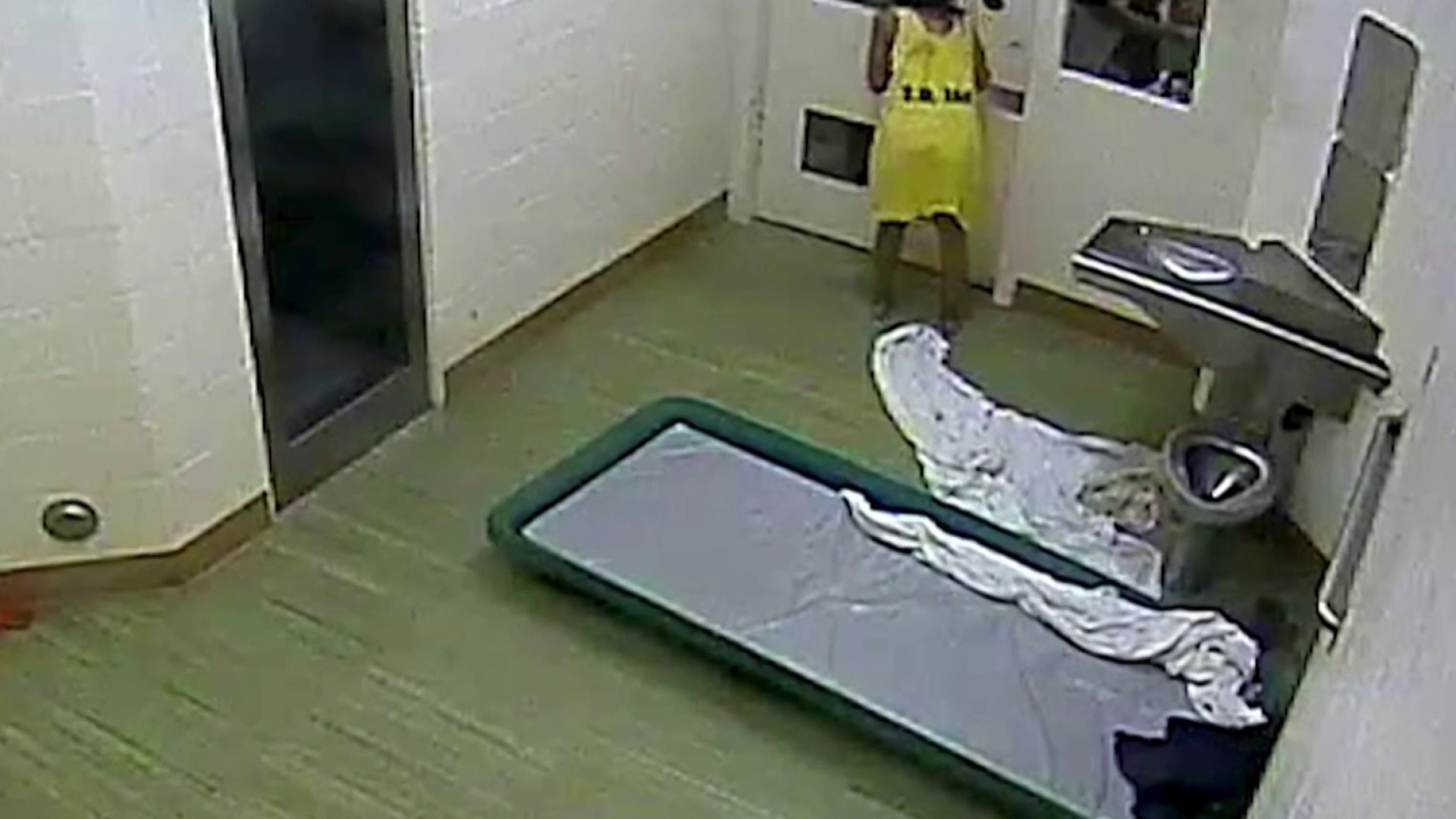San Diego Mayor Kevin Faulconer thanked grocery store workers Tuesday for their work on the front lines of the fight against the coronavirus, and asked San Diegans to continue practicing social distancing at stores.
"Grocery workers like so many of our first responders are on the front line serving our neighbors, communities, families every single day," Faulconer said.
Contact at the check-out line and elsewhere in grocery stores puts workers at an elevated risk of contracting and transmitting the disease. Faulconer encouraged all shoppers to take necessary precautions at stores to reduce transmission.
Those steps include maintaining six feet of space between other shoppers, paying with credit or debit cards rather than cash, and leaving your family at home when you can.
Several stores in the region have made adjustments to hours and staffing, and the mayor said he would like to see more follow suit. He also encouraged employees to stay home and immediately contact their supervisors if they are feeling sick.
City Council President Georgette Gomez has urged Governor Gavin Newsom to classify grocery store workers and other retail personnel as emergency employees, which would open the door to additional protections and benefits.
Todd Walters, president of the United Food and Commercial Workers Union Local 135, said employees should be washing their hands every 30 minutes.
Local
Faulconer and City Councilmember Georgette Gomez also spoke at length about hurtful and unnecessary shopping practices, and called on San Diegans to shop responsibly.
Production has ramped up along the supply chain to help stores meet the increase in demand, Faulconer said. Right now grocery stores are seeing a 40% to 50% increase in sales, which is down from 200% to 300% at its recent peak, according to Walters.
"There is plenty to go around and every day there is more on the way," Faulconer said, adding that San Diegans should only shop for what they need.
Overbuying can hurt seniors on fixed incomes who don't have the means to buy food for more than a few days at a time, and it also hurts the hard-working store employees who sometimes have nothing to purchase by the end of their shifts, Walters said.
And while it seems like heading to the grocery store to be there when doors first open will give you he best chance at getting the items you need, Walters said that isn't always the case. That's due in part to delivery restrictions on stores based on their location, like stores in residential neighborhoods that aren't allowed deliveries between certain nighttime hours.
"I find that if you go at 11 a.m. or 1 p.m., you find that you get the same groceries, if not better groceries, and not have the same crowd," he said.
An executive order issued Monday by Mayor Faulconer eased some of those delivery restrictions.
Walters recommended stores follow an 8 a.m. - 8 p.m. schedule to allow for more restocking and sanitation time overnight.
Walters said some union members have been calling their representatives to flag social distancing malpractice. He also said representatives can call police or the fire marshal to correct issues, but said that step has yet to be taken at any local stores.
Esther Lopez is one of the grocery store workers concerned about contracting COVID-19.
“All of us are totally worried about that. We’re scared we could take something home or we could get something," Lopez, a manager at Ralph's in Chula Vista said.
While she applauds the store's efforts for putting up Plexiglas at cash registers to protect employees from customer’s saliva and stickers on the ground to mark social distancing space, there are some employees who are concerned the company isn’t being aggressive enough when it comes to limiting the amount of people allowed into the store at one time.



